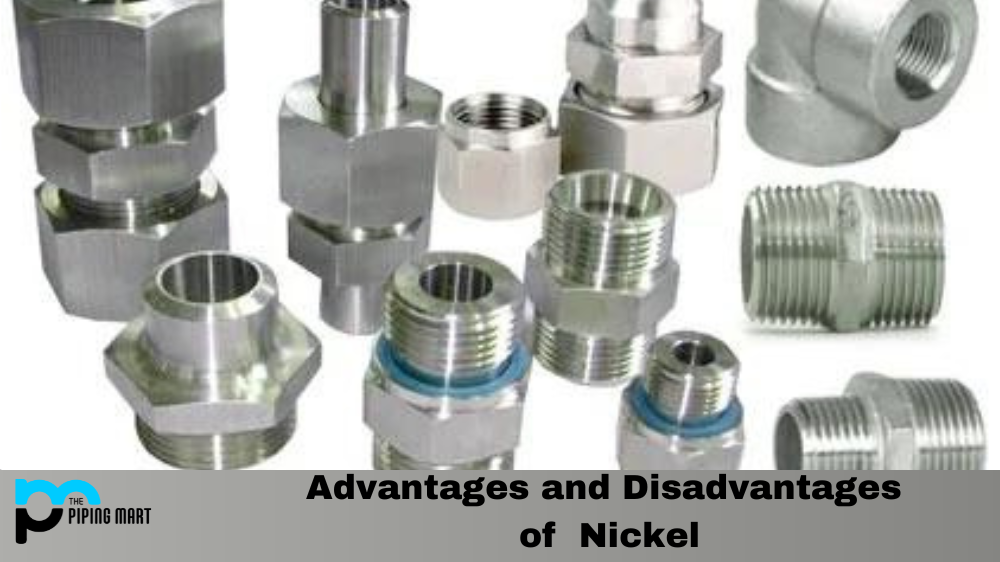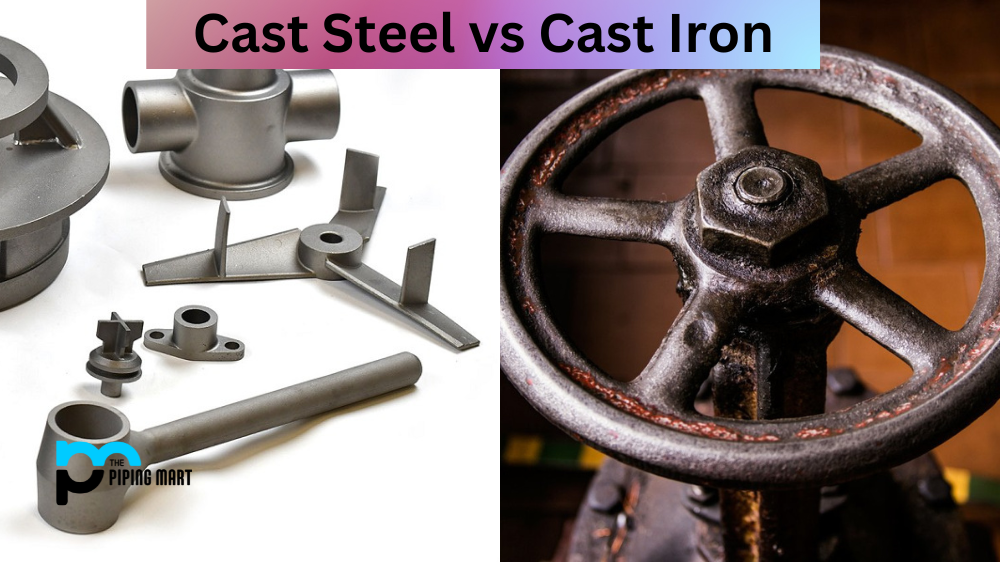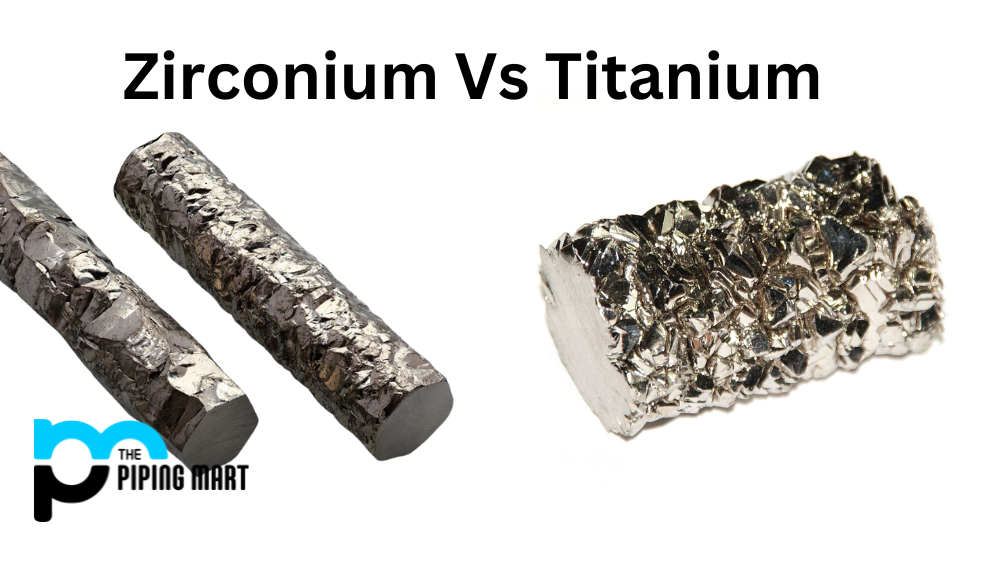Nickel is a metal that has been used in many industries for centuries. It is known for its durability, strength, and shiny metallic luster, making it an ideal material for various purposes. However, nickel has both advantages and disadvantages before using it in any application. Let’s take a look at the pros and cons of using nickel.
Advantages of Nickel
Nickel has several advantages that make it an ideal metal for many applications. First and foremost, nickel is incredibly strong and durable. It can withstand extreme temperatures, corrosion from acids or other chemicals, and wear and tear from everyday use. Also, nickel is malleable enough to be shaped into intricate designs or molded into various shapes without losing strength or stability. Lastly, nickel also has a natural shine, making it attractive when used as decorative accents on jewelry or other items.
Nickel is a corrosion-resistant metal.
This is one of the primary advantages of nickel. When exposed to air, water, or other chemicals, nickel does not corrode or rust. This makes it an ideal material for products that will be exposed to harsh environments, such as marine applications.
Nickel has a high melting point.
Another advantage of nickel is that it has a very high melting point. This makes it an ideal material for products that need to withstand high temperatures, such as furnace parts and aerospace components.
Nickel is magnetic.
One more advantage of nickel is that it is magnetic. This property can be exploited in various applications, such as electric motors and speakers.
Nickel is non-toxic.
Unlike some other metals, nickel is non-toxic, making it safe for use in various products, including those that come into contact with food or skin.
Nickel is affordable.
Despite its many benefits, nickel is relatively affordable compared to other metals.
Disadvantages of Nickel
Despite its many advantages, there are some drawbacks to using nickel as well. For one thing, nickel is very expensive compared to other metals like steel or aluminum. Additionally, the production process for creating items made with nickel can be complex due to its malleability requiring extra steps to ensure strength and durability during the manufacturing process. Finally, because of its high cost and complexity for production, repairs are often costly if something goes wrong with an item made from nickel.
Nickel is a known carcinogen
One of the primary disadvantages of nickel is that it is a known carcinogen. A carcinogen is a substance that can cause cancer. Numerous studies have shown that exposure to nickel can increase the risk of developing cancer, particularly lung cancer and nasal cancer.
Nickel is a skin irritant
Another disadvantage of nickel is that it is a skin irritant. This means that it can cause irritation and inflammation of the skin. Sometimes, this can lead to rashes, hives, or other skin problems.
Nickel can cause respiratory problems
Exposure to nickel can also cause respiratory problems, such as asthma or bronchitis. This is because nickel can irritate the lungs and airways, making breathing difficult.
Nickel can damage the liver and kidneys
Nickel can also damage the liver and kidneys, two vital organs in the body. Studies have shown that exposure to high levels of nickel can lead to liver damage, while lower levels of exposure can lead to kidney damage.
Nickel is an environmental pollutant
Finally, nickel is also an environmental pollutant. This means that it can contaminate soil and water and potentially harm plants, animals, and humans who come into contact with it.
Conclusion
Understanding the pros and cons of using nickel can help you decide if this metal is suitable for your project or application. While it has numerous advantages such as being very strong and durable plus having a beautiful luster when polished correctly, there are also some disadvantages, such as its high cost of production, which can make repairs quite expensive if something goes wrong with a product made from this metal. All things considered, though; when used correctly, the benefits far outweigh any negatives when utilizing nickel in an application where appropriate materials matter most!

Abhishek is a seasoned blogger and industry expert, sharing his insights and knowledge on various topics. With his research, Abhishek offers valuable insights and tips for professionals and enthusiasts. Follow him for expert advice on the latest trends and developments in the metal industry.




